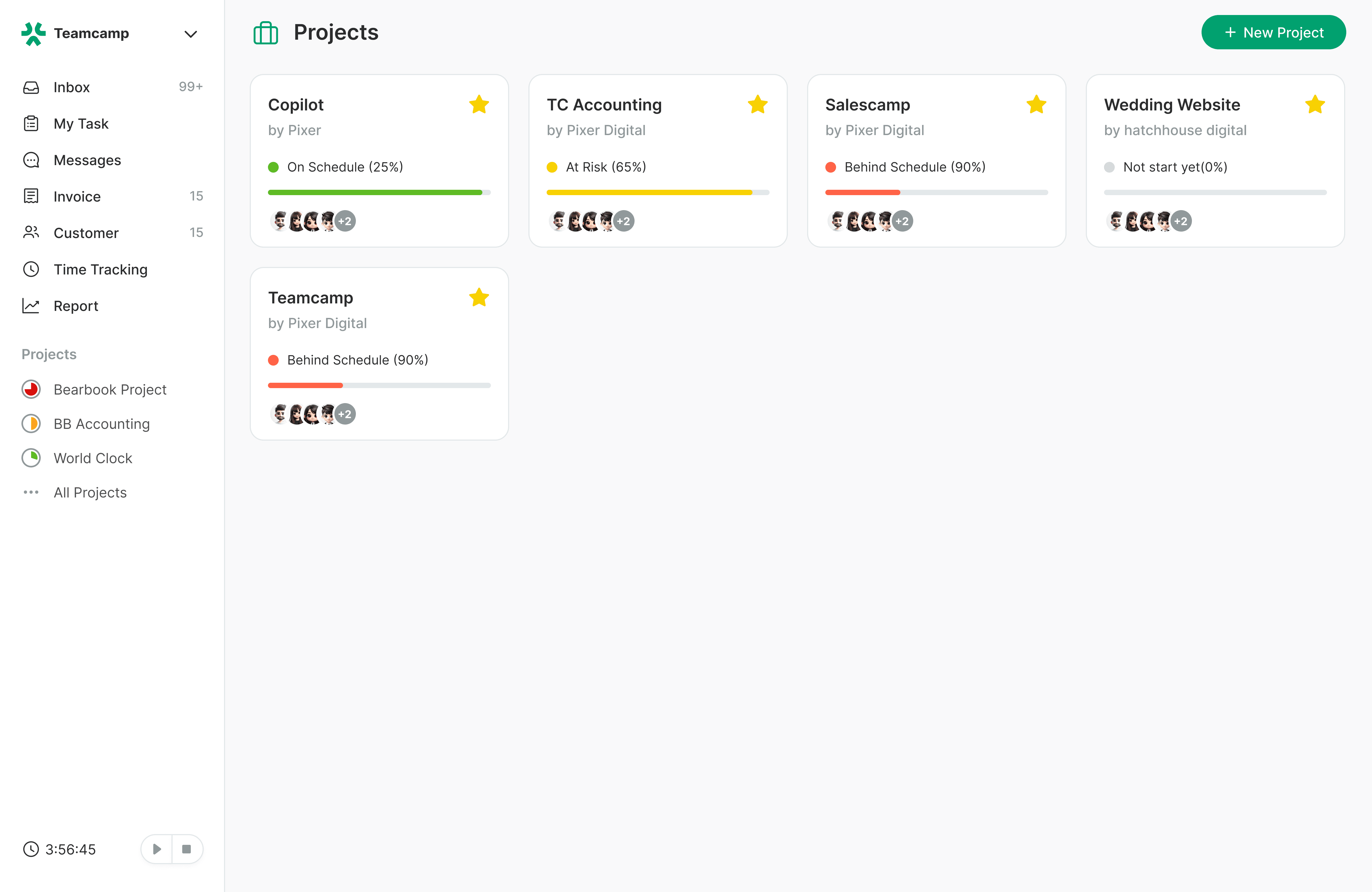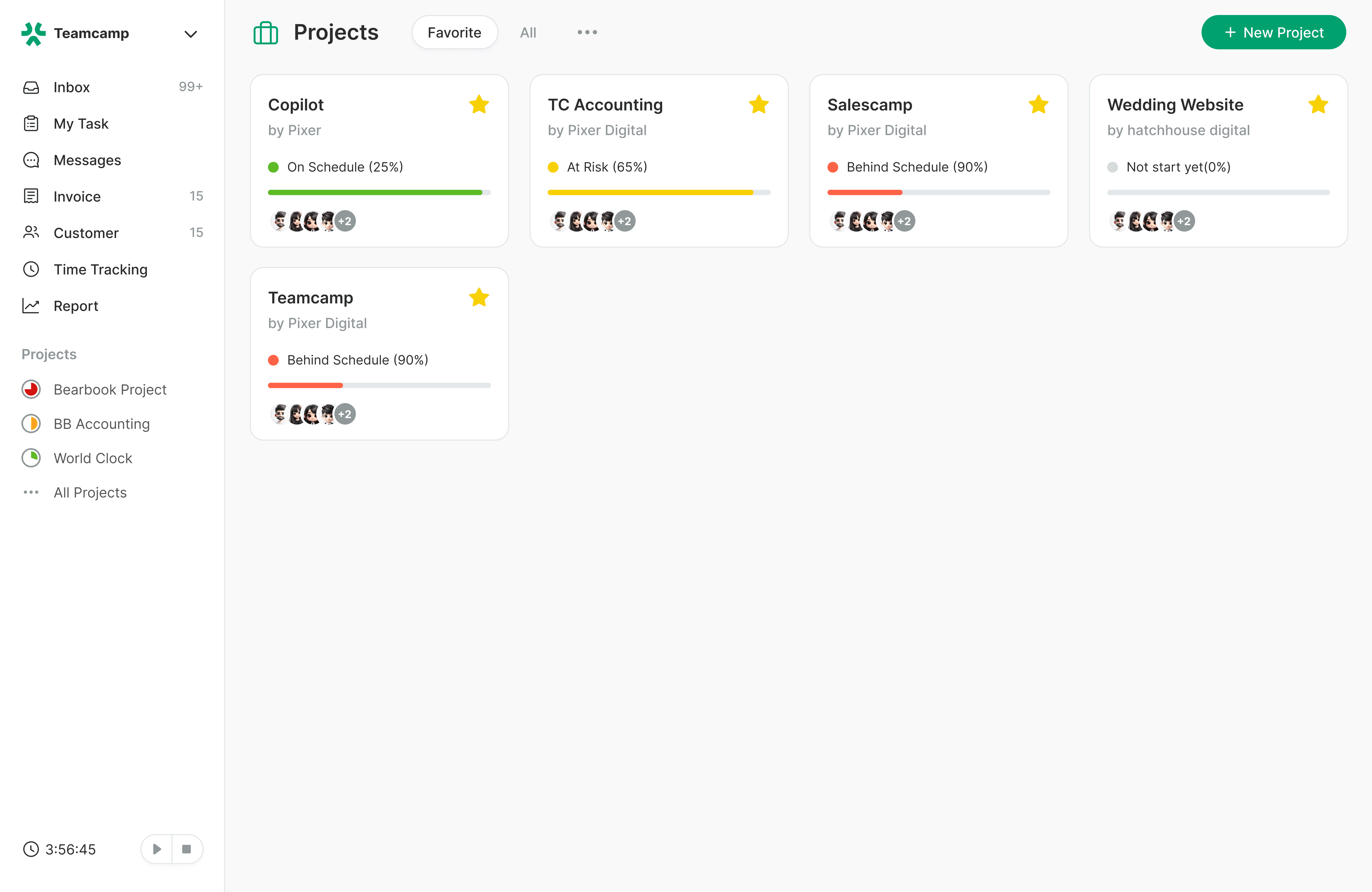Refining Success: Navigating Constructive Criticism in Collaborative Project Management
Introduction
Project management, the concept of constructive criticism, emerges as a vital component for refining success. Providing and receiving constructive criticism is integral to fostering a culture of continuous improvement within collaborative projects. The meaning of constructive criticism in project management, highlighting its significance, and offering insights into how it can be effectively integrated into collaborative workflows.
Understanding Constructive Criticism
Defining Constructive Criticism
Constructive criticism within the collaborative project management framework goes beyond merely pointing out flaws. It is a form of feedback that is geared towards improvement. The fundamental definition of constructive criticism emphasizes its role in identifying areas for enhancement rather than criticizing individuals or processes. Constructive criticism is a valuable tool for project managers and team members, contributing to the overall growth and success of collaborative endeavors.
The Importance of Constructive Criticism in Project Management
Constructive criticism plays a pivotal role in the success of collaborative projects. In project management settings, where diverse teams work together towards common goals, feedback becomes a catalyst for refinement. Constructive criticism is particularly crucial in project management. It underscores how feedback contributes to project refinement, helps mitigate errors, and enhances overall collaborative processes.
Integrating Constructive Criticism into Collaboration
Cultivating a Positive Feedback Culture
Fostering a positive feedback culture is essential for successfully integrating constructive criticism. Creating an environment that encourages constructive feedback is crucial in collaborative project management, where effective communication and mutual understanding are paramount.
The methods for fostering an environment in which team members feel at ease giving and receiving constructive feedback. Building trust and promoting a culture where feedback is viewed as a tool for improvement contribute to a positive and collaborative atmosphere.
Effective Communication for Constructive Criticism
Communication is critical to the successful integration of constructive criticism into collaborative workflows. Effective communication ensures that feedback is conveyed in a productive, clear manner and fosters collaboration.
The principles of effective communication when providing feedback within collaborative teams. It explores the art of delivering constructive criticism that encourages understanding, collaboration, and a shared commitment to project success. Effective communication for constructive criticism is a skill that project managers and team members can develop to enhance the collaborative process.
Navigating Challenges in Constructive Criticism
Overcoming Resistance to Feedback
The project management's resistance to feedback can be a formidable barrier to effectively implementing constructive criticism. Individuals within a team may hesitate to accept feedback, often interpreting it as a direct critique of their capabilities. Overcoming this resistance requires a nuanced approach that begins with fostering a culture where feedback is not perceived as a form of judgment but as a valuable opportunity for personal and professional growth.
Leadership plays a pivotal role in creating this mindset shift. Leaders should emphasize that constructive criticism is not a condemnation but a pathway to improvement. Open communication channels, trust-building initiatives, and highlighting the collective goal of project success can contribute to dismantling resistance and fostering a more receptive environment for feedback.
Balancing Positive and Constructive Feedback
Maintaining a delicate equilibrium between positive and constructive feedback is a strategic imperative in collaborative project management. While constructive criticism is essential for identifying areas of improvement, recognizing and appreciating positive aspects of team performance is equally crucial. This balance ensures that the team's morale remains high and members feel acknowledged for their contributions.
Techniques for achieving this equilibrium involve providing specific examples of positive performance along with areas for improvement. Leaders should emphasize the strengths exhibited by the team, reinforcing behaviors that contribute to project success. This approach creates a collaborative atmosphere where team members feel motivated and inspired, fostering a culture of continuous improvement without dampening morale. Positive and constructive feedback interaction is an art that project managers may develop to establish a pleasant and productive team dynamic.
Tools and Techniques for Implementing Constructive Criticism
Leveraging Technology for Feedback
It introduces tools and technologies that facilitate the implementation of constructive criticism within collaborative project management. In the digital age, project management software, and communication platforms are crucial in streamlining feedback. From project management software with feedback features to communication platforms that facilitate transparent discussions, technology can enhance the implementation of constructive criticism.
Training and Development Initiatives
Training and development initiatives are pivotal in embedding constructive criticism into the collaborative project management culture. The strategies for effectively training team members and leaders on delivering and receiving feedback. It emphasizes the role of continuous learning in fostering a feedback-centric environment. Training programs that focus on communication skills, emotional intelligence, and constructive feedback techniques contribute to the overall success of collaborative projects.
Conclusion
In conclusion, the blog post reflects on the critical role of constructive criticism in refining success within collaborative project management. It emphasizes the themes explored throughout the post, encapsulating the importance of feedback culture, effective communication, overcoming challenges, leveraging tools, and showcasing real-world examples.
The conclusion encourages project managers and collaborative teams to embrace constructive criticism as a powerful tool for continuous improvement, ultimately refining the path to project success. Collaborative project teams can foster a culture of growth, innovation, and success by understanding the meaning and significance of constructive criticism and implementing it effectively.
Share :


